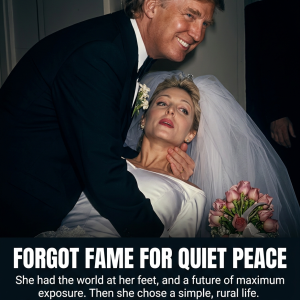A popular rapper recently ignited a wave of conversation after sharing a troubling experience with a Lyft driver who allegedly refused her service — and she claims it was because of what she was wearing.
The artist, who was dressed in a bold, stylish outfit reflecting her personal brand, said she was stunned when the driver pulled up, looked her over, and then cancelled the ride without explanation.
Feeling humiliated and discriminated against, she took to social media to tell her story — and it quickly went viral.
Her Side of the Story
In a series of emotional posts, the rapper expressed her frustration and hurt:
“I wasn’t doing anything wrong. I wasn’t rude. I wasn’t loud. I was just dressed the way I always am — confident and proud of who I am.”
She explained that the experience left her feeling judged and disrespected simply for embracing her personal style — a reality that many, especially women and performers, have voiced concerns about in the past.
The Internet Responds
Public reactions were immediate and intense.
Some supported her, saying that no one should be denied service based on their clothing or appearance, especially when they are behaving respectfully.
Others suggested that ride-share drivers have the right to refuse rides if they feel uncomfortable, though the reasons behind that discomfort sparked heated debate.
“Her outfit isn’t a crime. People need to stop judging based on appearances,” one commenter said.
“Drivers have a right to feel safe too — but there has to be a real reason, not just assumptions,” another argued.
What Lyft Says About It
According to Lyft’s official policies, drivers can refuse service if they feel unsafe, but they are expected to uphold non-discrimination standards regarding race, gender, sexuality, and appearance.
The company has not issued a direct statement about this particular case yet, but incidents like this often prompt internal reviews.
A Bigger Conversation About Judgments and Personal Freedom
At the heart of the controversy lies a broader conversation:
How much of how we dress shapes how we are treated — even when we are simply living our lives?
And how can companies ensure fairness while respecting the concerns of both passengers and drivers?
The rapper’s experience has once again highlighted the delicate line between personal freedom and public perception — a debate that, judging by the passionate responses online, is far from over.





